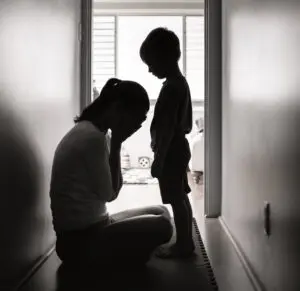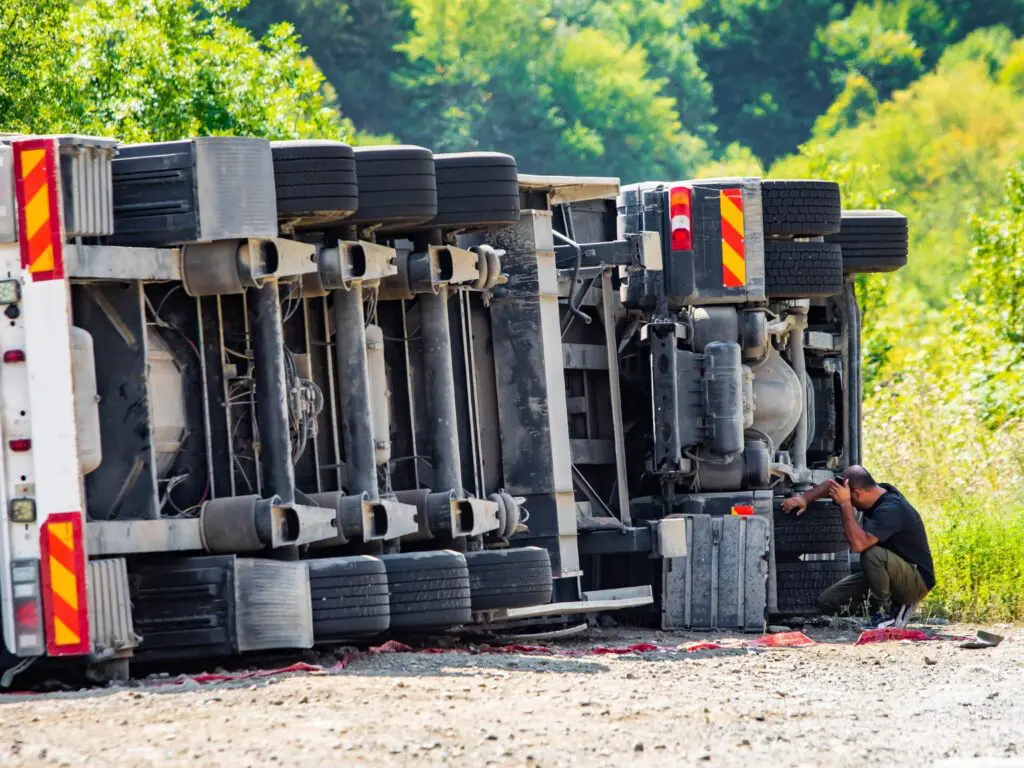What is a Loss?
A loss is the monetary value assigned to an injury or damage in a personal injury claim, including pain and suffering, past and future income, future medical care, at-home assistance, current medical bills, etc.
According to Black’s Law Dictionary, “loss” is defined as “the harm or damage resulting from an injury; the deprivation or detriment to an owner or possessor as a result of a judgment or voluntary transfer of property.” As such, loss is often a broad term in law, encompassing both tangible and intangible impacts as loss can come from a variety of forms of damages.
Legal principles governing loss aim to provide remedies, compensation, or restitution to individuals or entities adversely affected by wrongful acts, accidents, or adverse events. Loss can include economic loss, personal loss or property loss. The assessment of loss often involves evaluating evidence, calculating damages, and applying legal standards to determine liability and appropriate remedies in civil litigation or legal disputes. As a legal term, loss underscores the importance of addressing and mitigating the impacts of losses through legal recourse and equitable remedies in accordance with applicable laws and judicial principles.
More information about Loss
Can You Sue Lyft After a Car Accident in Reading?
If you have been involved in an accident with a Lyft driver, you should immediately contact a Reading Lyft accident lawyer.
While rideshare is extremely convenient for passengers and a great way to make primary or extra income for drivers, a Lyft driver has no special training or certificates. Ridesharing has added more vehicles to the road, which statistically means more accidents, injuries, and deaths involving drivers and passengers.
A Lyft car accident can be more complex than a regular car accident as it involves multiple parties, contractual agreements between Lyft and its drivers, rideshare laws, and negotiation with Lyft and its insurer.
Due to these complexities, seeking legal advice from an experienced personal injury attorney at Munley Law who understands the unique aspects of Lyft accidents is important. A knowledgeable attorney can help you file your personal injury lawsuit and pursue the compensation you deserve. […]
Read MoreMore information about Loss
Who Can Sue for a Wrongful Death in Reading, PA?
In a wrongful death case, certain family members have the right to file a lawsuit. Usually, it’s the deceased’s spouse, children, or parents. If there are no surviving spouses, children, or parents, the right may transfer to other specified beneficiaries, like siblings or grandparents. Sometimes, a person appointed to handle the deceased’s estate can also file the lawsuit on behalf of the family.
In Reading, Pennsylvania, wrongful death happens when someone passes away because of someone else’s carelessness or harmful actions. Let’s say, for example, that a person dies in a car accident caused by another driver’s negligence; their family might be able to file a wrongful death lawsuit to seek compensation for things like medical bills and funeral costs.
What is Wrongful Death in Reading?
 Under 42 Pa.C.S.A. Section 8301 of the Pennsylvania Code:
Under 42 Pa.C.S.A. Section 8301 of the Pennsylvania Code:
An action may be brought, […]
Read MoreMore information about Loss
What Are Common Examples of Wrongful Death Cases in Reading?
Wrongful death cases in Reading are part of a variety of tragic scenarios and may include car accidents resulting from negligence and medical malpractice cases in which patients die. As a result, accidents at work, deaths resulting from the use of defective products, and criminal damage or injury causing death, among others. It is challenging to consider the complexity of each case, which is why all specifics need to be analyzed; this, along with an experienced Reading wrongful death attorney, will help affected families achieve justice.
What is Wrongful Death?
 The term “wrongful death” is a legal term that comes about when an individual dies as a result of the negligence, recklessness, or intentional act of another party.
The term “wrongful death” is a legal term that comes about when an individual dies as a result of the negligence, recklessness, or intentional act of another party.
The responsible party is liable for damages caused; survivors, including the spouse, children, or next of kin, may file a civil lawsuit for losses such as economic support from the victim’s demise, […]
Read MoreMore information about Loss
Erie Workers’ Compensation Lawyer
Under the Pennsylvania Workers’ Compensation Act, employers must provide workers’ compensation benefits to part-time and full-time employees should they become hurt or ill at work. Workers’ comp benefits cover medical expenses and lost wages until you can return. However, the workers’ compensation process can be difficult, and an Erie workers’ compensation lawyer must navigate the claim.
If you were injured at work or have an occupational disease and are now undergoing the workers’ compensation claim process, call Munley Law. We represent injured workers applying for or being denied workers’ compensation benefits.
What Do I Need For an Erie Workers’ Compensation Claim?
 Filing a workers’ compensation claim can be complicated, but having the information you need ready before the comp process begins can be beneficial.
Filing a workers’ compensation claim can be complicated, but having the information you need ready before the comp process begins can be beneficial.
You will first need to report the accident to your employer. You have 21 days from the accident date to file the claim. […]
Read MoreMore information about Loss
Understanding the Statute of Limitations for Reading, PA Truck Accident Claims
 When you’ve been involved in a truck accident in Reading, PA, the aftermath can be overwhelming. Medical bills, vehicle repairs, and the emotional toll can be daunting. Amidst this chaos, it’s crucial to be aware of the legal timelines that govern your right to seek compensation.
When you’ve been involved in a truck accident in Reading, PA, the aftermath can be overwhelming. Medical bills, vehicle repairs, and the emotional toll can be daunting. Amidst this chaos, it’s crucial to be aware of the legal timelines that govern your right to seek compensation.
The statute of limitations plays a pivotal role in this process. Essentially, it is a legal time frame within which you must file a lawsuit after a truck accident. If this window is missed, you may lose your right to claim any compensation.
Given the complexities of truck accident claims, understanding this time-sensitive rule is paramount. If you or a loved one has been in a truck accident, don’t navigate these waters alone. Reach out to a Reading truck accident lawyer at Munley Law for a free consultation, ensuring you’re well-informed and protected.









